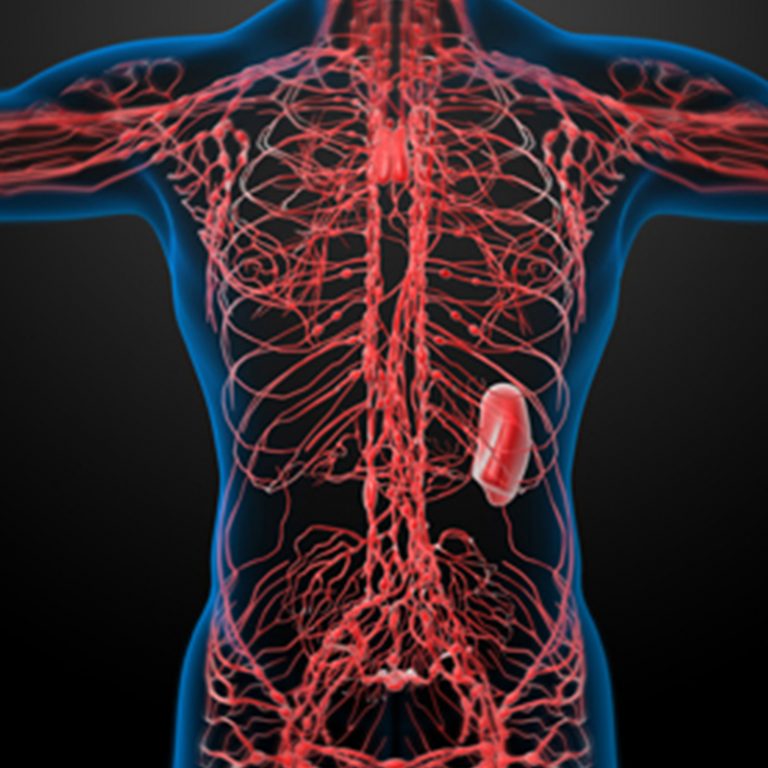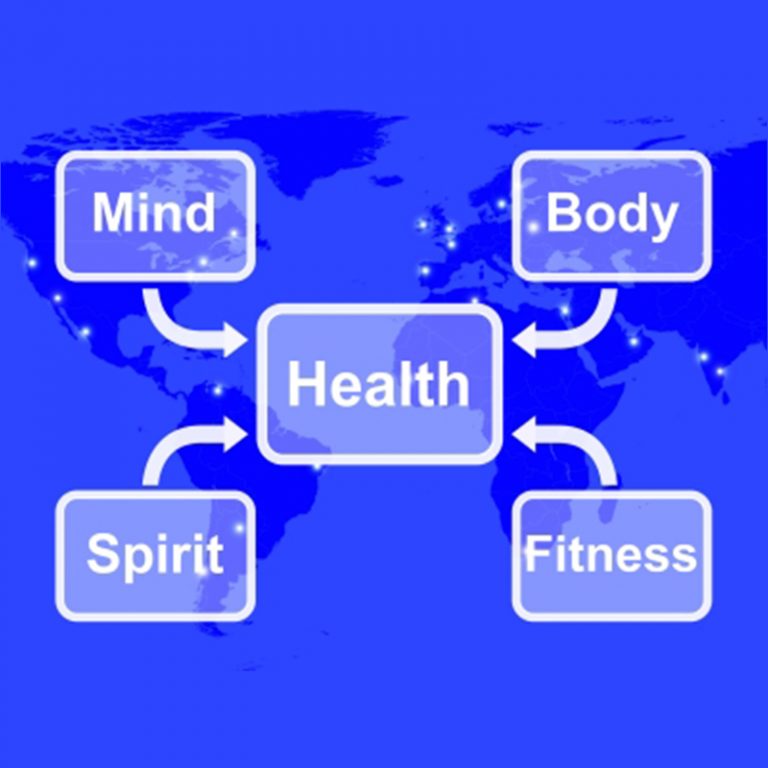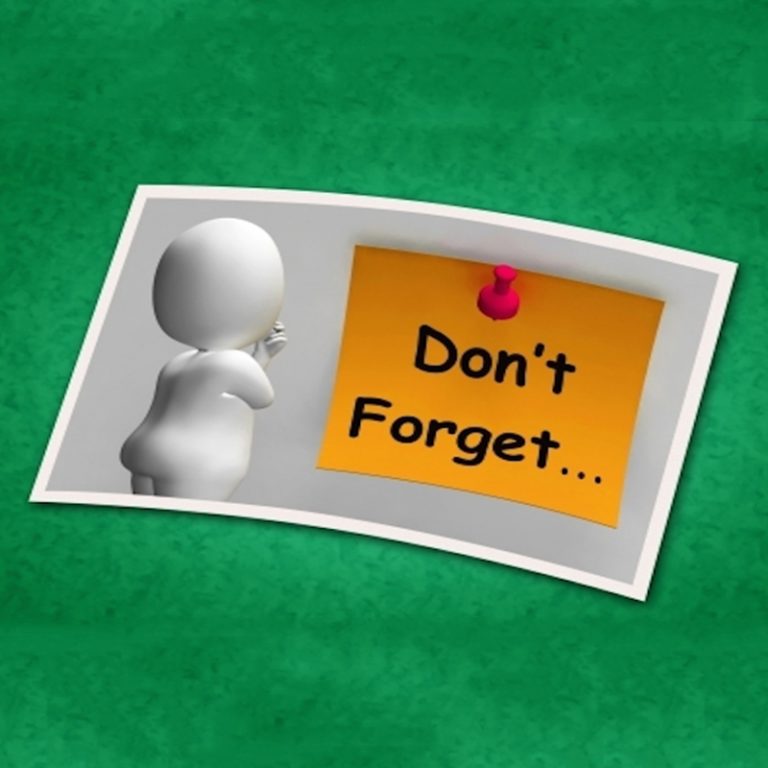Ayurvedic Treatment for Insomnia and Sleep Disorders
Insomnia, also known as sleeplessness, is a sleep disorder. If you suffer from restless sleeping, getting up several times in the middle of the night, or just generally having trouble falling into a deep sleep, you may have insomnia.
Insomnia affects two out of five Australians — that 10.3 million people (40% of the population) who simply can’t get enough sleep!

And while insomnia is not experienced the same way by everyone, it can lead to similar complications: an impact on overall physical and mental health. That 40% of sleep-deprived Australians? Most of them end up dying of heart disease or diabetes (Sleep Statistics Australia).
But this article is not intended to scare you. Its aim is to equip you with the knowledge you need to start battling insomnia and boosting your health starting today!
Causes for Insomnia and Sleep Disorders
The causes for insomnia and sleep disorders vary according to each individual’s mental and physical health, medical history, constitution, genetics, and lifestyle. But the main culprits are usually the following:
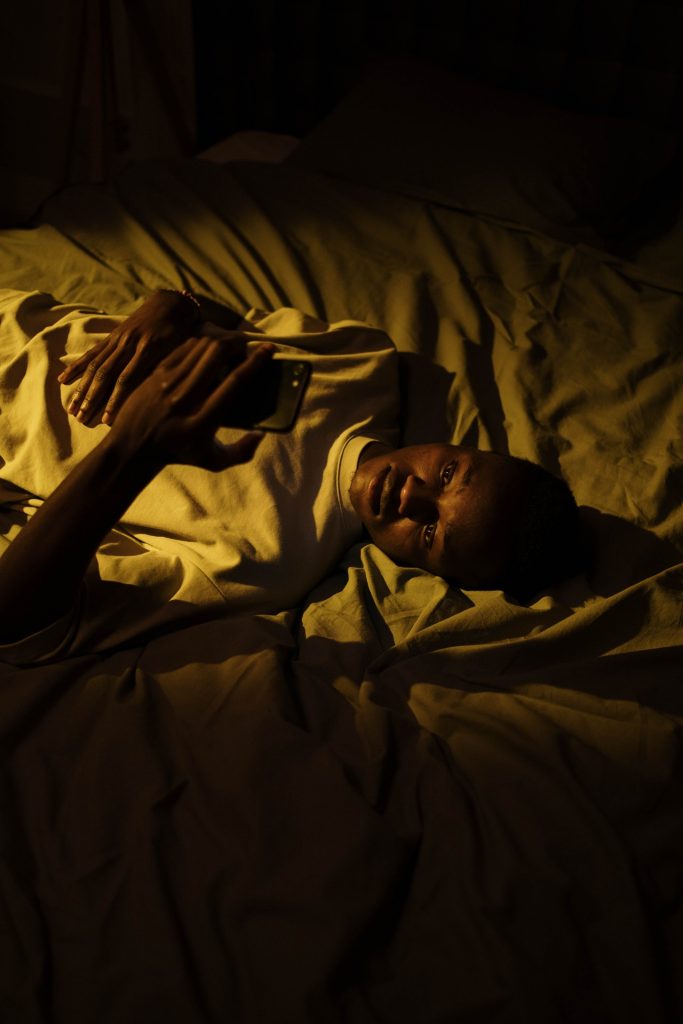
- Stress or anxiety
- Lifestyle (overworking, etc)
- Medication
- Hormonal imbalances
- Cancer
- Diabetes
- Respiratory issues (asthma, smoking, sleep apnoea, etc).
- Digestive issues (indigestion, inadequate enzyme production, etc)
- Late-night eating, cravings, or binge-eating
- Frequent urination or trips to the bathroom (an underlying urinary condition may be involved here rather than actual insomnia)
- Staring at your smartphone, tablet, laptop or TV before bed
- An uncomfortable bed or pillow (a pillow that is too soft can cause neck cramps, as the spine is unaligned)
- Biorhythm/Circadian rhythm dysfunctions (the way the sun and moon affect the way you wake and sleep)
- Planetary influences (certain planetary aspects, particularly those including Mars, may cause the individual to be hyperactive and sleepless)
- Genetic conditions
- Menopause or Andropause
- Past life lifestyle (which may be affecting the present)
- “Software” problems (missing “parts” or “glitches” from the day you were created)
As you can see, there is a slew of reasons as to why you may be having trouble sleeping. You can contact anAyurvedic practitionerfor a deeper analysis of what is actually going on (for a diagnosis or serious condition, you must always contact your health advisor first).
Types of Insomnia in Ayurveda
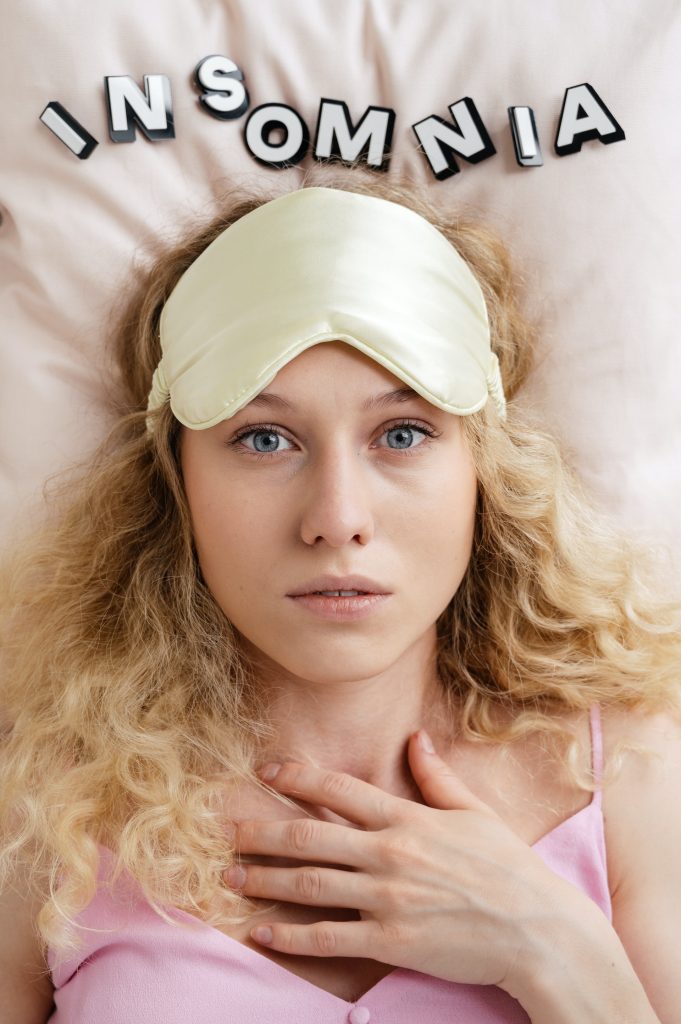
Ayurveda looks at the patient’s body type or constitution, known as the dosha, as a way of investigating the root cause of insomnia.
Likewise, Ayurveda categorizes insomnia into three dosha-specific types:
Vattic Insomnia: This type of insomnia exhibits symptoms of Vata (air) aggravation, which mostly relates to biorhythm and hormonal imbalances.
Pattic Insomnia: This type of insomnia is due to a Pitta (fire) aggravation. It is usually expressed through symptoms like night sweats and hot flushes.
Kapha Insomnia: People who suffer from this type of insomnia have Kapha (water) aggravation which leads to shortness of breath, sleep apnoea, and cold extremities due to bad circulation.
It isn’t uncommon, however, to have a combination of symptoms that relate to multiple dosha ratios. In some cases, a full-system aggravation may even be responsible, in which you would experience symptoms of all three doshas.
How to Treat Insomnia Naturally
To start treating your insomnia naturally from the comfort of your home, you can begin by following some of the YATAN Ayurvedic Centre’s expert advice:
- Go to bed at 10pm every night.
- Before going to bed, wash your hands and feet, and splash some water on your face (alternatively you can have a shower or relaxing bath).
- Don’t consume any food at least 3 hours before going to bed (or warm calming tea or drink, like milk and honey, is just fine).
- Eat a healthy dinner. White rice and lentils in particular may aide you in sleeping better.
- Make your bed and make sure your room is comfortable and pleasant to sleep on every night.
- Have a walk or run 1-2 hours prior to going to sleep. You can do this either outdoors on a treadmill at home.
- Avoid white, fluorescent lights when it gets darker. Use warm, yellow lighting instead.
- Avoid being outside when there is a full moon, as its white light is stimulating and may inhibit sleep.
- Try some Yoga in the early evening. A routine we recommend is 7 x Cobra poses followed by 11 x Indian push-ups (if you don’t know how to do these poses, you can consult the Yatan Yoga Book for instructions).
Can Insomnia Be Cured by Ayurveda?

Ayurveda can most definitely provide a treatment plan for insomnia depending on your dosha.However, you must consult an Ayurvedic practitioner rather than attempt to follow a plan you may have found on the Internet.
Ayurveda views insomnia as a problem mostly due to a Vata-Pitta imbalance. This is why the practitioner may examine your skin for signs of dryness and ask about your symptoms and medical history.
Your Ayurvedic practitioner may then recommend lifestyle changes, dietary changes, even Yoga as described previously. Ayurvedic herbs like Ashwagandha, MandookParni, and Brahmi may also be prescribed or prepared in the form of a decoction. As always, it is best to consult your Ayurvedic practitioner for the suitable dosage and potency.
Conclusion
Ayurvedaprovides customised, dosha-specific treatment of insomnia and sleep disorders. You may be prescribed medicine in the form of a decoction or lifestyle and dietary changes.
If you seek Ayurvedic treatment for insomniaat ourYatan Holistic Ayurvedic Centre in Sydneyour consultants will be more than happy to provide an all-natural plantailored to your body type after a thorough examination and analysis of your symptoms.
Are you suffering from insomnia? Do you have trouble sleeping? Contact us today for a phone consultation or book an appointment online.
Disclaimer: This article is not intended to substitute medical advice. All information and resources referenced, including medicinal preparations, fitness, dietary and lifestyle recommendations, are based on the opinion of the author. Please consult a medical practitioner if you require advice or are experiencing any worrisome symptoms.

*Discover holistic healing with a complimentary phone or video consultation from our expert Ayurvedic practitioner. Start your path to better health today!*





















